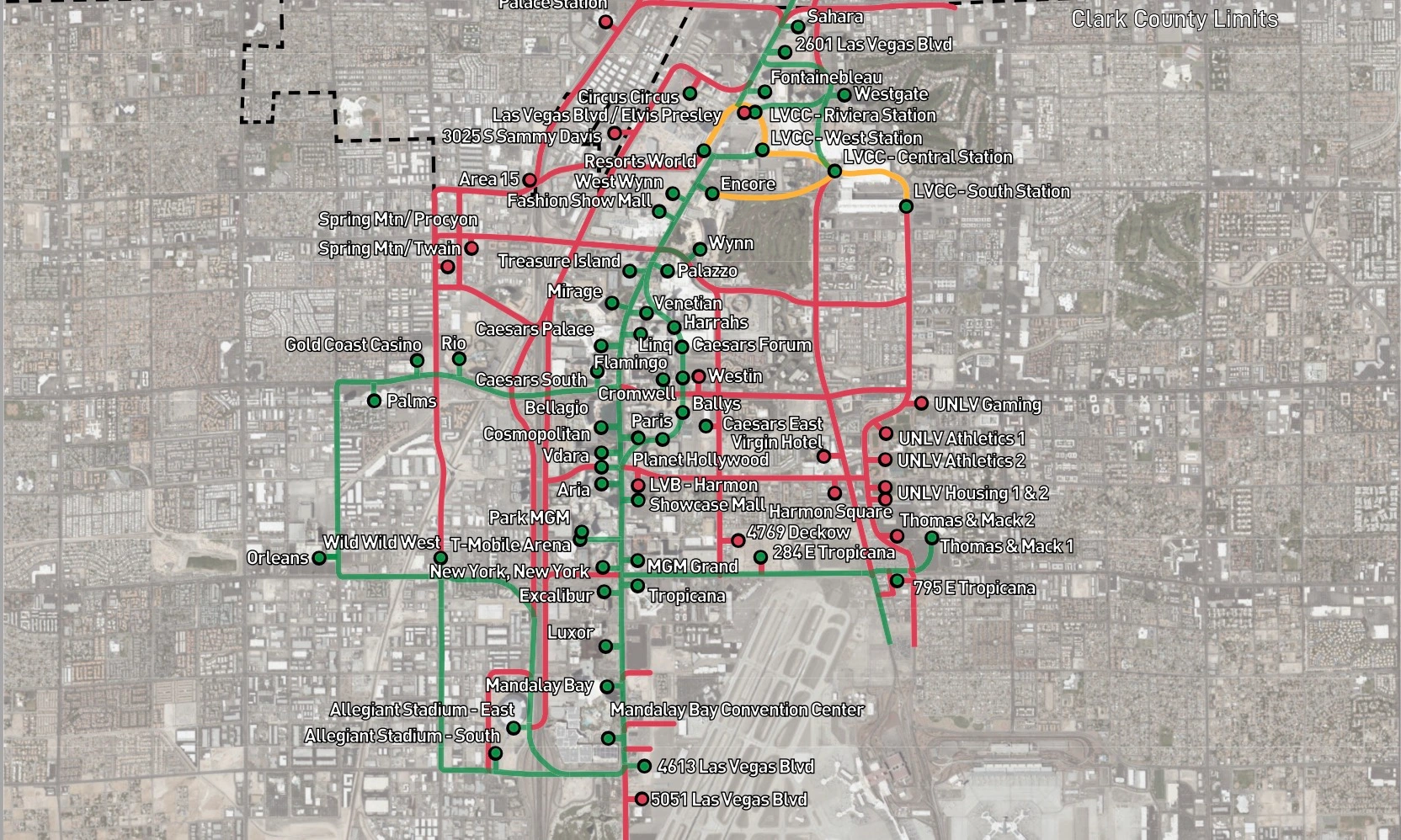
Electrifying Trucks, Buses Could Save Up to 57,000 Lives, Study Says

While electric cars are a hot topic right now, electric vehicles (EVs) in general could have a much bigger impact on our world’s emissions than just electrifying passenger cars. Vans, trucks, and buses have the largest emissions of all, and according to a new study, going electric with these vehicles in urban areas could even prevent premature death.
A new Environmental Defense Fund (EDF) study, as reported by Green Car Reports, has established that electrifying trucks and buses in urban areas could prevent over 57,000 premature deaths, through a major reduction in emissions of nitrogen-oxide, carbon dioxide, and other particulate matter.
TransLink Partners with Nova Bus for 15 More Electric Buses https://t.co/i4Z6QmP8Iv
— TeslaNorth.com (@RealTeslaNorth) January 28, 2021
While these vehicles only make up about 4% of total US vehicles, they tend to drive much more than an average household car, and they are, by far, the largest generators of nitrogen-oxide pollution and particulates. They’re also said to produce more air pollution than the entirety of Australia, according to the EDF.
The study also discovered that, if all freight trucks were to undergo stricter emissions standards and go electric by 2040, with those in urban areas going electric as soon as 2035, it would eliminate 10 million tons of nitrogen-oxide pollution, as well as 200,000 tons of particulate matter by the year 2050.
As companies have just begun purchasing their first EV vans, trucks, and buses, the world still has a long way to go before reaching the ambitious, aforementioned goals. Still, it’s worth making a major push towards, if not but for the sake of saving tens of thousands of lives and improving those for generations to come.

